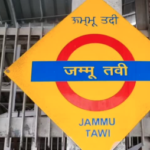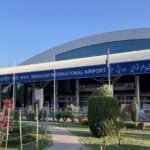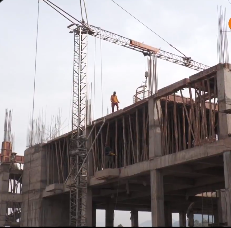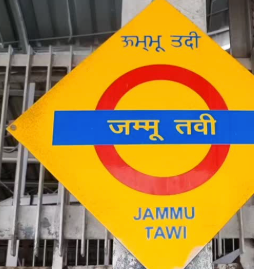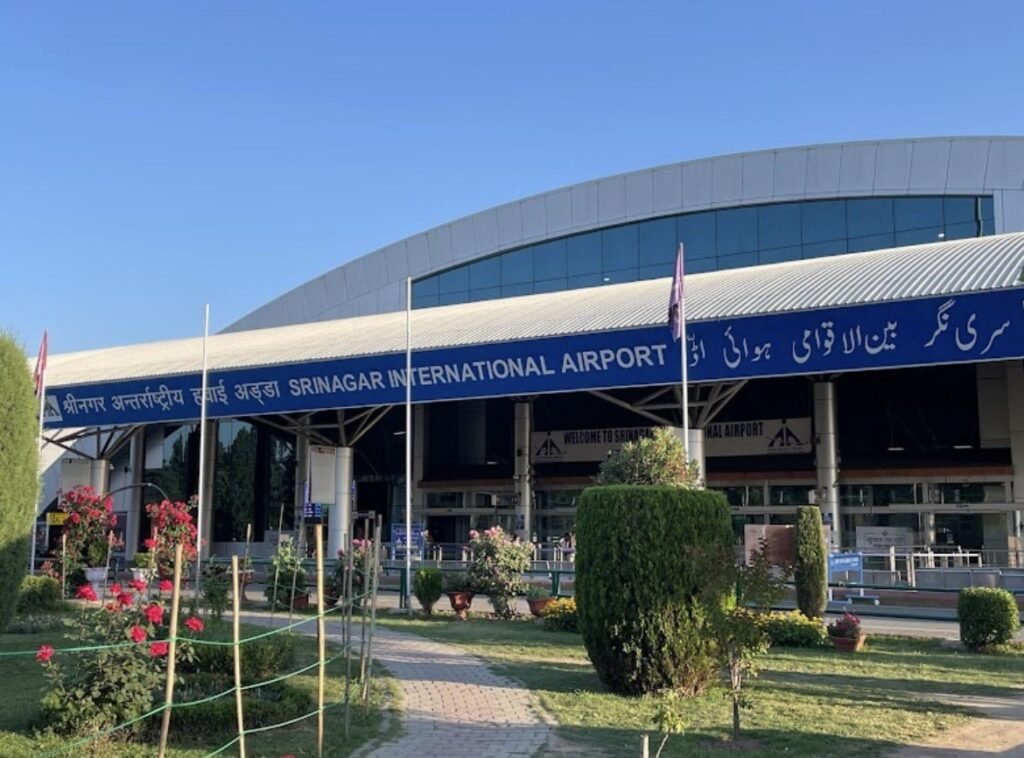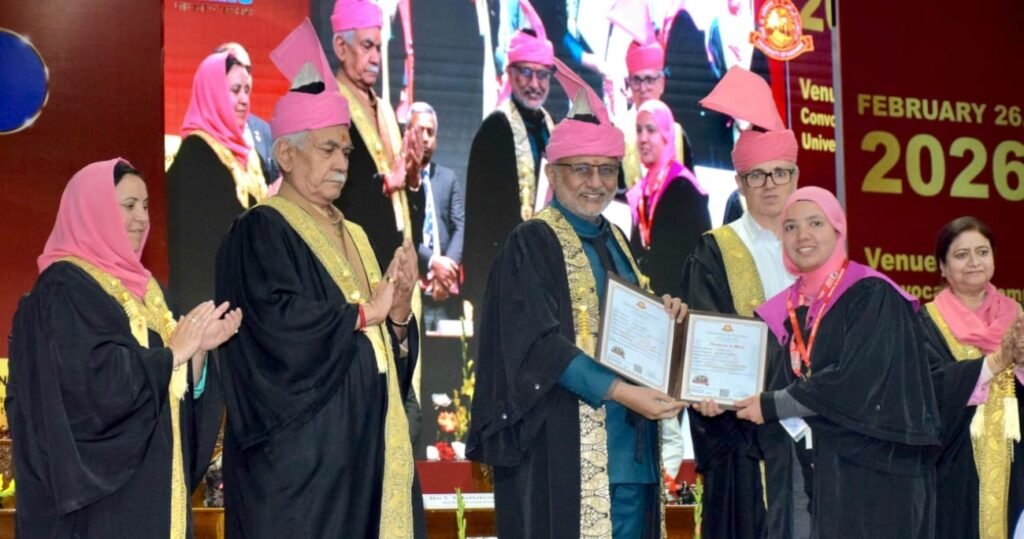On April 25, 2025, following the devastating terror attack in Pahalgam that killed 26 people, mostly tourists, Kashmiri Muslims are displaying extraordinary hospitality by assisting stranded visitors, even as social media hatemongers spread divisive propaganda to defame them. The April 22 assault on a scenic meadow near Pahalgam, a popular tourist destination, has shaken the region, but locals are countering the tragedy with acts of kindness, offering food, shelter, and safe passage to those caught in the chaos.
The attack, linked to militants, deliberately targeted tourists, an unprecedented escalation that left 25 Indians and one foreigner dead and dozens injured. In the aftermath, Kashmiri Muslims in Pahalgam, nearby towns, and the capital city have opened their homes, shops, and places of worship to stranded travelers. Local volunteers have provided free meals, guided tourists to safety, and helped with transport amid tightened security and disrupted travel routes. Tourists have praised these efforts, describing the warmth as a ray of hope in a dark moment.
However, this unity is being undermined online, where trolls are flooding social media with hate, falsely accusing Kashmiri Muslims of supporting the attack. Misleading posts and doctored videos have fueled communal tensions, with some targeting Kashmiri students and workers elsewhere in the country. Reports indicate a group of students fled one northern state after receiving threats, highlighting the real-world impact of this digital venom. The contrast between the ground reality of compassion and the online smear campaign is stark.
The region’s top official has praised the community’s efforts, calling for rejection of hate and a focus on collective strength. Authorities are facilitating tourist evacuations, with police and civilians working together to ensure safe travel to airports and stations. Muslim groups in other states have condemned the attack, stressing that terrorism contradicts their faith and urging solidarity against extremism.
The attack has intensified efforts to combat terrorism, with the army’s top commander arriving in the region on April 25 to oversee operations. Security forces neutralized a militant leader in a northern district clash on Friday, while drone searches and cordon operations hunt for remaining suspects. Diplomatically, the government has suspended a key bilateral water agreement and briefed foreign envoys on allegations of external sponsorship of the attack.
Nationwide protests, including a market shutdown in the capital, reflect public outrage, but the contrast between Kashmiri Muslims’ generosity and social media hate campaigns underscores the urgency of unity. Survivors, including tourists from western and southern states, have shared stories of locals protecting them during the attack, urging others to ignore divisive narratives. “Terrorism doesn’t belong to any faith, and neither does kindness,” one survivor said, capturing a growing demand for harmony.
As the region grapples with grief and fear, the actions of Kashmiri Muslims aiding strangers stand as a testament to humanity’s resilience. The challenge now is to amplify these voices of compassion, drown out the hate, and unite against the common enemy of terrorism.


